Dinoflagellates, or dinos, are the bane of many reef tank keepers. Once they take over, they're nearly impossible to remove - until one day, they just start to go away as mysteriously as they arrived. But what are dinoflagellates? Are they all bad?
In fact, in their own way, dinos are super interesting critters. Not quite plants, but not quite not-plants either, they are one of the most numerous things in the ocean, outnumbered only by species of Diatom. They can reproduce on their own, and they can live through bad conditions for years before reanimating and taking over a tank.
They even live in our corals, as an important part of their tissues, giving our corals all the energy that the dinoflagellates get from the light. That's right - corals like our stony Acropora or fleshy Acanthastrea are not photosynthetic on their own - they get that from the dinos living in their tissues.
You can battle many species of dino using a UV sterilizer - but it's not a sure thing, and it won't solve them overnight. It will also only help with species that disperse into the water overnight - if the cells are not in the water column then a UV sterilizer will do nothing for you.
The Symbiodinium minutum photo comes from...
Draft Assembly of the Symbiodinium minutum Nuclear Genome Reveals Dinoflagellate Gene Structure
Eiichi Shoguchi et al.
https://doi.org/10.1016/j.cub.2013.05.062
The Blastodinium parasitic dinoflagellate photo comes from...
The parasitic dinoflagellates Blastodinium spp. inhabiting the gut of marine, planktonic copepods: morphology, ecology, and unrecognized species diversity.
Alf Skovgaard, Sergey A. Karpov, and Laure Guillou
Front. Microbiol., 28 August 2012
https://doi.org/10.3389/fmicb.2012.00305
The dinoflagellate cyst photo comes from...
Bravo I, Figueroa RI. Towards an Ecological Understanding of Dinoflagellate Cyst Functions. Microorganisms. 2014 Jan 3;2(1):11-32. doi: https://doi.org/10.3390/microorganisms2010011
Don't forget to like and subscribe if you enjoyed this video!
I upload at least one video each week, so check out my channel for more!
https://www.youtube.com/c/ReefMan?sub_confirmation=1
In fact, in their own way, dinos are super interesting critters. Not quite plants, but not quite not-plants either, they are one of the most numerous things in the ocean, outnumbered only by species of Diatom. They can reproduce on their own, and they can live through bad conditions for years before reanimating and taking over a tank.
They even live in our corals, as an important part of their tissues, giving our corals all the energy that the dinoflagellates get from the light. That's right - corals like our stony Acropora or fleshy Acanthastrea are not photosynthetic on their own - they get that from the dinos living in their tissues.
You can battle many species of dino using a UV sterilizer - but it's not a sure thing, and it won't solve them overnight. It will also only help with species that disperse into the water overnight - if the cells are not in the water column then a UV sterilizer will do nothing for you.
The Symbiodinium minutum photo comes from...
Draft Assembly of the Symbiodinium minutum Nuclear Genome Reveals Dinoflagellate Gene Structure
Eiichi Shoguchi et al.
https://doi.org/10.1016/j.cub.2013.05.062
The Blastodinium parasitic dinoflagellate photo comes from...
The parasitic dinoflagellates Blastodinium spp. inhabiting the gut of marine, planktonic copepods: morphology, ecology, and unrecognized species diversity.
Alf Skovgaard, Sergey A. Karpov, and Laure Guillou
Front. Microbiol., 28 August 2012
https://doi.org/10.3389/fmicb.2012.00305
The dinoflagellate cyst photo comes from...
Bravo I, Figueroa RI. Towards an Ecological Understanding of Dinoflagellate Cyst Functions. Microorganisms. 2014 Jan 3;2(1):11-32. doi: https://doi.org/10.3390/microorganisms2010011
Don't forget to like and subscribe if you enjoyed this video!
I upload at least one video each week, so check out my channel for more!
https://www.youtube.com/c/ReefMan?sub_confirmation=1
- Catégories
- Chats de Race German Rex
- Mots-clés
- reef, aquarium, fish tank








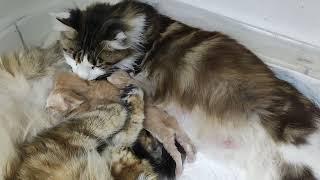

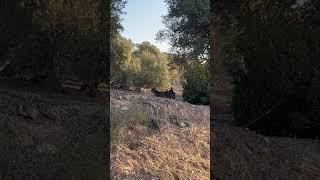
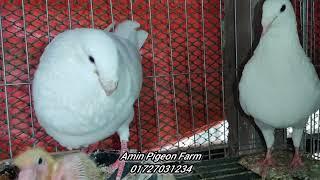
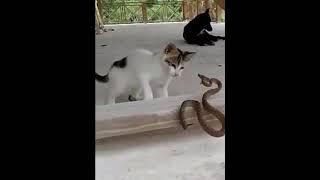
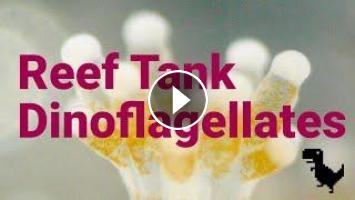

Commentaires